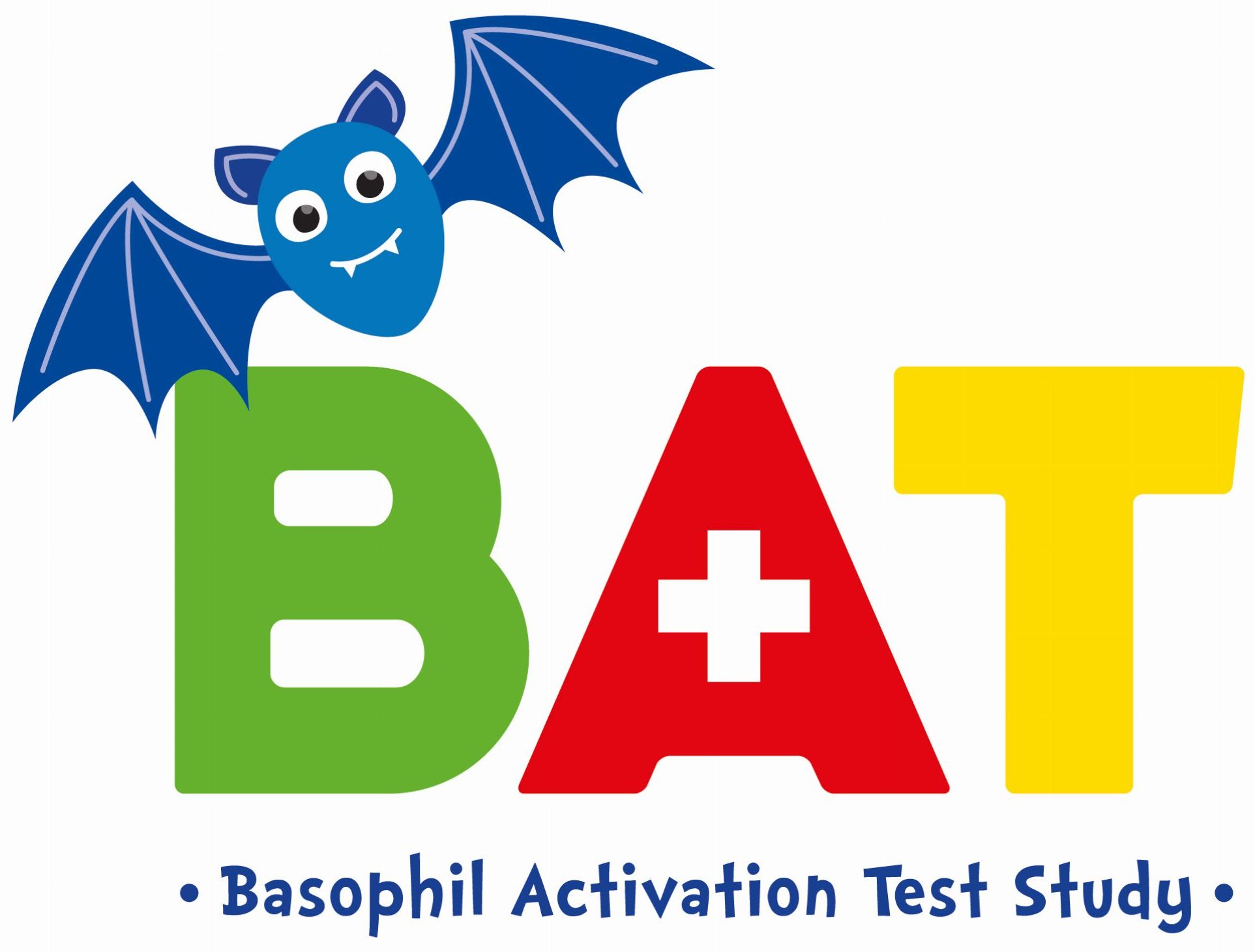Dr Alexandra Santos – Paediatric Allergy Consultant

Dr. Alexandra F. Santos is a Senior Clinical Lecturer (Associate Professor) at King’s College London, Honorary Consultant in Paediatric Allergy in Evelina London Children’s Hospital and Principal Investigator of the MRC & Asthma UK Centre for Allergic Mechanisms of Asthma. Alexandra qualified in Medicine from the University of Coimbra and completed a PhD in Allergy and Immunology at King’s College London, supervised by Professor Gideon Lack. Dr Santos’ research has focused on improving the diagnosis of food allergies, creating more accurate, cheaper and safer tests that can enable the reduction in the number of food challenges and the enhancement of their safety profile; and on the other hand exploring the biological mechanisms of food allergy and oral tolerance trying to identify molecular and cellular targets for future treatment of food allergy, which currently is not curative. Dr Santos has received prestigious awards from the Medical Research Council (MRC): an MRC Clinical Research Training Fellowship, an MRC Centenary Early Career Award and recently an MRC Clinician Scientist Fellowship. She has also obtained funding from Asthma UK and from the Immune Tolerance Network/NIAID for her work in the LEAP Study. Dr Santos has been very active in the European Academy of Allergy and Clinical Immunology, where she has integrated different working groups and scientific panels, including task-forces to generate international guidelines for patient care in allergic disease.
Ewa Pietraszewicz – Senior Data Operations Officer
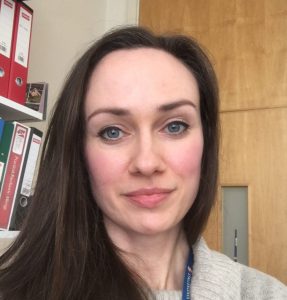
Ewa is a Senior Data Operations Officer for the BAT 2 Study. She completed a Master’s in Molecular Biology at the Medical University of Gdansk, Poland. In 2010 she started working as a Laboratory Research Assistant at King’s College London, providing support for multiple commercial and academic projects in Paediatric Allergy. Ewa joined the Paediatric Allergy Clinical Research group at St Thomas’ Hospital in 2019 where she works in close collaboration with the clinical team to make sure data is collected, managed and reported clearly, accurately and securely.
Prof George du Toit – Paediatric Allergy Consultant
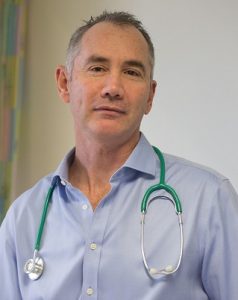
George du Toit is Professor of Paediatric Allergy, King’s College London and Evelina London Children’s Hospital, Guy’s and St Thomas’ NHS Foundation Trust. George is Senior Co-Investigator on NIH-funded research studies aimed at the prevention of peanut allergy (The LEAP-Trio Studies). George is Co-Investigator on the EAT-On Study, the BAT 2 Study and Principal Investigator on Aimmune peanut desensitisation trials. George is lead clinician for the Children’s Drug Allergy and Urticaria service at Evelina London Children’s Hospital and past Chairperson of the European Academy of Allergy and Clinical Immunology (EAACI) Paediatric Section.
Helen Willis – Clinical Research Nurse

Helen is a paediatric clinical research nurse and is the lead nurse on the Bat 2 study. Helen joined the team in April 2019 after working as a paediatric palliative care nurse at Demelza Children’s Hospice for 15 months. She trained as a paediatric nurse at Great Ormond Street Hospital, qualifying in 1990. After working as a staff nurse for 5 years she qualified as a health visitor and worked in Bromley and Kent for 22 years. As a health visitor she worked with many families coping with food allergies and is delighted to now be part of the Clinical Research Team at St Thomas’, helping to improve the lives of families living with allergies.
Isabelle Olson – Study Coordinator
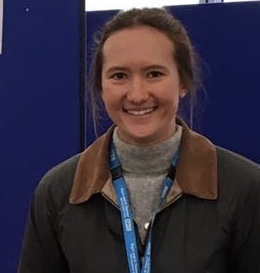
Isabelle is the study coordinator for the BAT 2 study. Isabelle has a BSc Psychology degree from Royal Holloway, University of London. She previously worked within the market research industry for 4 years, 3 of which were spent conducting healthcare market research across a range of conditions, including in peanut allergy.
Isabelle joined the research team at St Thomas’ in 2019. She really enjoys working across several of the studies at the Seal Unit, including the BAT II study, helping the team with project management
Joanna Craven – Research Data Manager
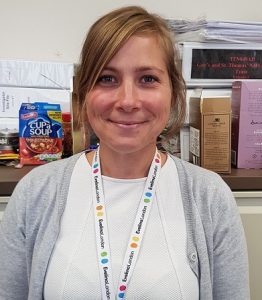
Jo is the research data manager for the BAT 2 and EAT-On studies within the paediatric allergy research team at Kings College London and Guy’s and St Thomas’ . Jo received her masters degree in Public Health Epidemiology in 2011 in Australia before relocating to the UK. She has been working as a data manager on paediatric clinical trials for King’s College since 2014. Jo is responsible for how clinical information is collected day to day throughout the BAT 2 study.
Kabibi Nzavi – Phlebotomist

Kabibi is the phlebotomist for all the studies at the Seal Research Unit, including the BAT 2 study. Kabibi gained her phlebotomy skills at Addenbrooke’s University Cambridge NHS Trust and has worked as a paediatric phlebotomist at various NHS Hospital Trusts for the last 5 years. As a mother herself, it gives Kabibi great joy to work with children!
Dr Marta Krawiec – Paediatric Allergy Consultant
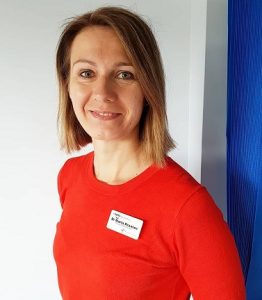
Dr Marta Krawiec trained as paediatrician and allergist at the Medical University of Warsaw where she also obtained her PhD in paediatric asthma and allergic rhinitis. She joined the team at St Thomas’ Hospital in 2016 where her primary activity is running peanut desensitisation studies. On BAT 2 Study Marta is one of the sub-investigators. She will assist your child in case of allergic reaction on a food challenge or when a blood draw is required.
Matthew Kwok – Biomedical Research Technician
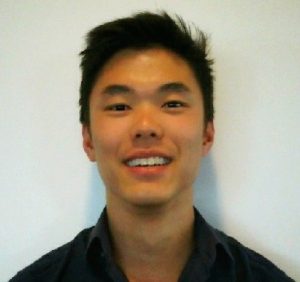
Matt is a Biomedical Research Technician who works in the Paediatric Allergy research team based at King’s College London, Guy’s Hospital. Matt runs the Basophil Activation Test on the blood samples collected for the BAT 2 Study. He completed a Bachelor of Medical Science (Hons) at the University of Technology Sydney, before joining the Product and Development Group at the Australian Red Cross Blood Service where he undertook research that focused on improving blood processing and component quality. He is currently studying a Masters in Clinical Trials at the London School of Hygiene and Tropical Medicine and is a keen runner always planning his next race!
Dr Ru-Xin Foong – Clinical Research Fellow
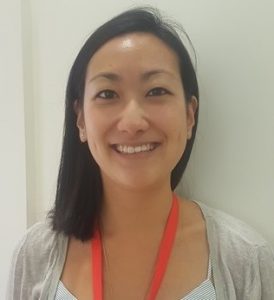
Ru-Xin is a Clinical Lecturer in Paediatric Allergy at King’s College of London since 2018. She completed her medical degree at King’s College of London (MBBS) as well as a BSc (Hons) in Psychology. She has been a South London Paediatric trainee for 5 years working in different hospitals as a part of her paediatric training. She has had an interest in paediatric allergy for over 8 years working on various research projects in food, drug and diagnostic allergy and is now working towards completing her Paediatric Allergy sub-speciality training and a PhD in paediatric food allergy. She works on our clinical trial unit as a research doctor for the BAT2 Study.
Dr Suzana Radulovic – Clinical Research Fellow

Dr Radulovic joined the research team in 2007 as a Clinical Research Fellow for the LEAP and LEAP-On studies. Originally from Montenegro, Dr Radulovic qualified in Medicine and completed her specialist training in Paediatrics at the University of Belgrade, Serbia. After completing her specialist training, she spent three years working as a paediatrician at the PICU, Institute for Children’s Diseases, University of Montenegro and two years as a Sponsored Researcher at the Section for Allergy and Clinical Immunology at NHLI, Imperial College, London, UK. Dr Radulovic has also supported the EAT, ADAPT and Pronuts studies. Her main research interests are in eczema, allergic rhinitis and food allergies.
Vikki Houghton
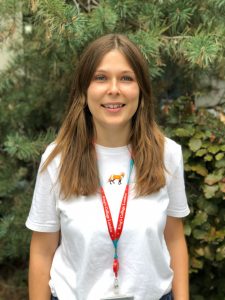
Vikki is a PhD student at King’s College London, in the Paediatric Allergy research team based at Guy’s Hospital. She completed a Master’s in Neuroscience at King’s College London, as well as a BSc (Hons) in Psychology at the University of Portsmouth. She is interested in how the immune system interacts with the brain, particularly in the context of memory, cognition, and mental health. She is working on the BAT II study to see how food allergy relates to changes in anxiety and cognition, and to explore the biological processes behind these changes.
